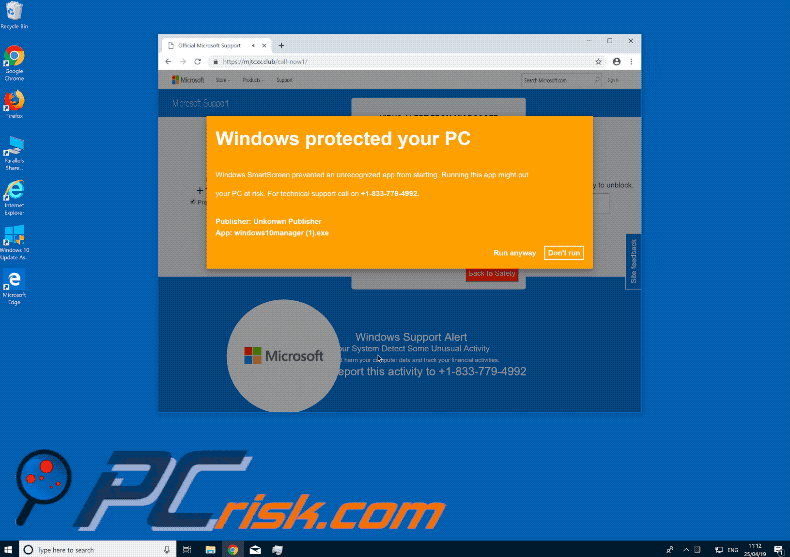

We have seen incredible results with this feature in IE9 (more here & here). This evolution of SmartScreen from IE-only to system wide is a significant improvement for Windows users. We recognize that Internet Explorer (IE) isn’t the only way users download applications from the Internet, so Windows 8 now uses SmartScreen to perform an application reputation check the first time users launch applications that were downloaded from the Internet. Please see:ĭesktop applications remain an important part of the Windows experience and Microsoft remains committed to the safety of the desktop experience and our users. The strong name can be considered as world-unique assembly identity. This signing uses public-key cryptography:Īlso, strong name is used for assemblies of the Global Assembly Cache. The signing cannot protect from this, but it's possible to detect the trick if you store the strong name of its public key hash value separately and can compare. However, one can reverse-engineer, recompile and sign the application again, replacing the original one. If some virus tries to modify the original file, the application won't be executed by the system. To some extent, it protects application from modification. The purpose of signing is absolutely different. However, I recommend to sign all your assemblies if you ever deploy them. This answers your question: it won't help you. Signing of the application (I hope you mean signing the application to make it strong named) never modifies its behavior, at least if the application is not modified.


 0 kommentar(er)
0 kommentar(er)
